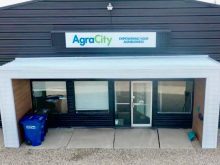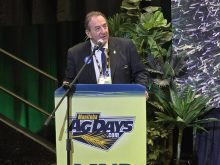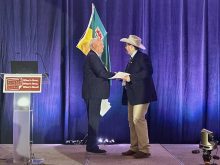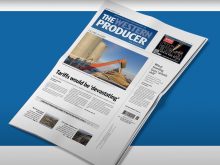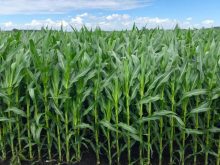It is common practice in a normal competitive business environment to see volume discounts or rebates offered to customers. The savings that these efficiencies generate are often shared between a business and the customer. For example, if a farmer has large hopper bins, a high-capacity auger and easy hauling over good roads to an elevator with fast turnaround, a commercial trucker may sharpen his pencil to get this business. If the trucker shares a portion of his efficiency gain with the farmer in the form of a rebated discount, it becomes a win for both parties.
Read Also
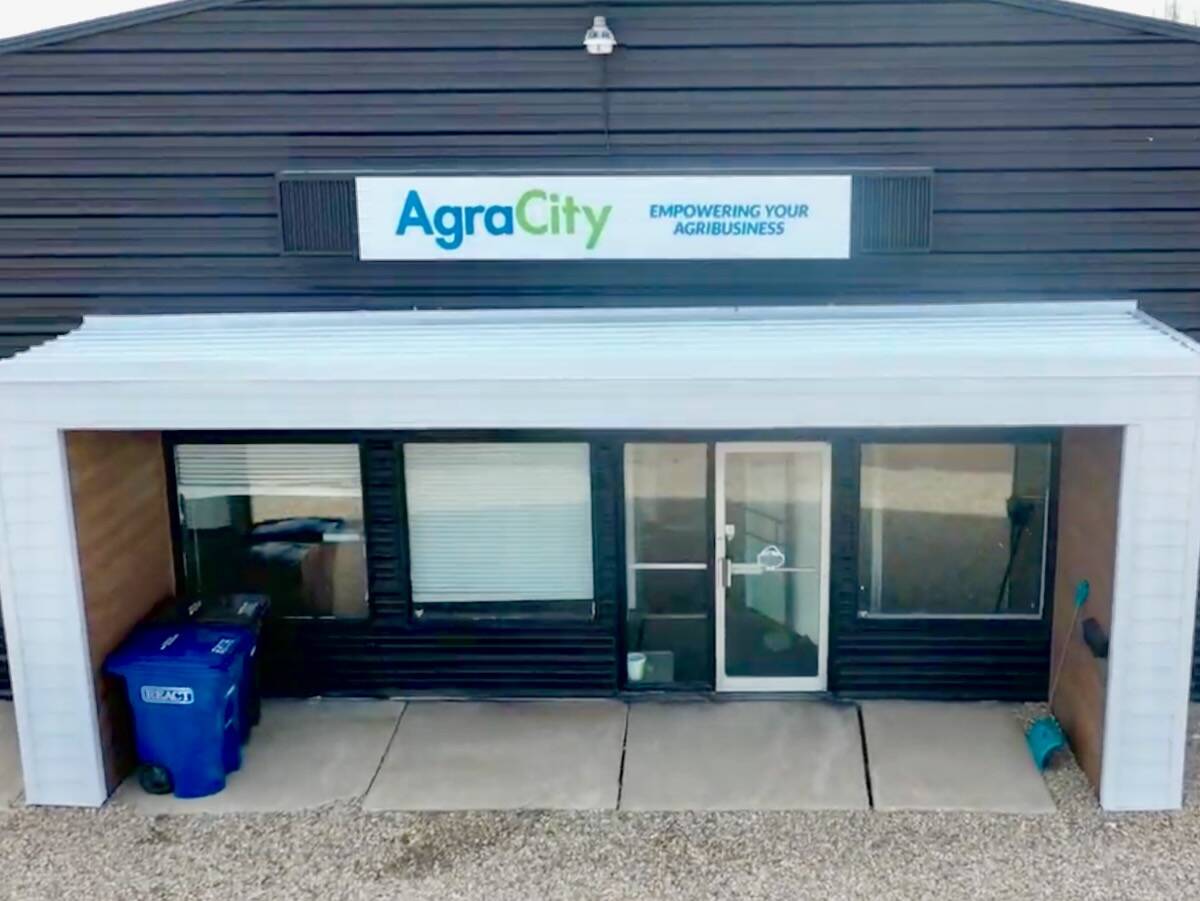
AgraCity’s farmer customers still seek compensation
Prairie farmers owed product by AgraCity are now sharing their experiences with the crop input provider as they await some sort of resolution to the company’s woes.
A recent study by the Producer Car Shippers of Canada has found that the railways are paying rebate incentives to the large elevators on the main lines that are three times the savings generated by these large elevators. To me that seems rather odd. I have also learned from the Producer Car Association that the Rail Revenue Cap requested by and granted to the railways 10 years ago has a serious flaw. When the railways apply a little creative bookkeeping to the revenue cap formula these incentives to the grain companies come directly out of farmer pockets instead of railway pockets. No wonder the railways are so generous with the incentive to the grain companies. They are spending someone else’s money, the farmers’ money, without their permission because there is no transparency.
The grain companies are offering some of the same money back to the farmers and calling it a trucking incentive. These tricky rebates and incentives are raising serious concerns about the implications for existing short lines, the remaining branch lines, our road costs, our rural communities and our taxes.
George E. Hickie Waldron, Sask.


